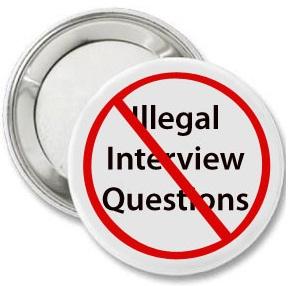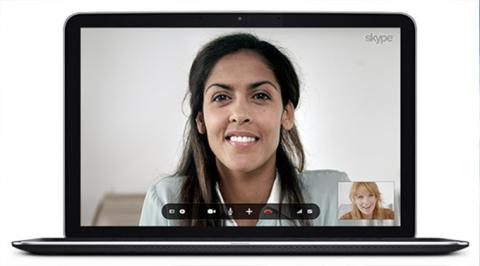At last, all that you have worked for has led to the highly desired interview. Congratulations! The interview process can feel daunting, but don’t let it. At the heart of all interviews is an exchange between two or more parties about shared interests and desires to determine “best fit”. Hopefully, by this point you have done some self-assessment and know yourself well enough to effectively communicate your fit for the program, school or organization. If not, now is the time to reflect. Consider clarifying your strengths, areas of expertise and desires for your future.
**TWO-PART SERIES — Part 2: Job Search**
Name: Veronica Irvin
Job Title & Organization: Assistant Professor; Oregon State University, College of Public Health
Location: Corvallis, Oregon
Do you have a Skype interview coming up? In a previous blog post, we went into great detail about how to prepare for a Skype interview. Now, here is a quick video with some tips on how to look your best on interview day. Don't have time to watch the video?
Whether you are seeking a career in academia, industry, government or the non-profit sector, it is important to communicate your skills to employers. There are skills that almost every employer seeks no matter the sector. These often include: analytical, writing, leadership, communication and problem solving skills. Your work as a trainee has given you many opportunities to develop these skills.

Post written by Amanda Dumsch, Career Counselor at OITE. After graduate school, I applied for a job I really wanted. In preparation, I did everything I was supposed to – I extensively researched the department and I practiced interview questions at length. On the day of the interview, I was nervous; however, by the end of the day, I was relieved I hadn’t been asked any unexpected questions.

The question which often stirs the most dread in interviewees: “What is your greatest weakness?” Interviewers may also ask it in other ways like: “Tell me about some of your areas for professional development and growth.” or “What are three weaknesses you have in relation to this job description?” or “If I were to speak to your previous supervisor, what would they say you needed to work on?”
The season for medical school interviews is quickly approaching. If you have completed your secondary medical school application and been offered an interview, then congratulations! Schools don’t typically bring you in for an interview unless they are strongly considering your candidacy. Bearing this in mind, many times the interview is more about your fit with the program rather than your scores and credentials. Schools use an interview to evaluate your professionalism, maturity, and personality.

In the United States, federal and state laws prohibit prospective employers from asking certain questions that are not related to the job for which they are hiring; however, most interviewers are not deliberately trying to discriminate against job applicants. In fact, many illegal* interview questions come out unintentionally in a conversational tone. As an example, an interviewer could start the interview with some ice breaker type questions and say, “You have such an interesting name!
Part one of a two-part series written by guest blogger Dr. Phil Ryan, Director of Student Services at the Office of Intramural Training and Education.

It is highly likely you have or will have a Skype interview at some point in your job search. Budget cuts are making travel arrangements for in-person interviews prohibitive, so more and more employers are conducting initial interviews via Skype or another online video service.
Employers also feel that Skype helps them get a better feel for a candidate than a phone interview allows. Here are some tips to take your next Skype interview from awkward to awesome:

